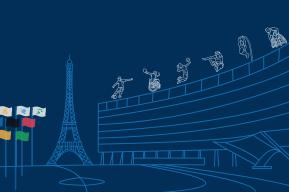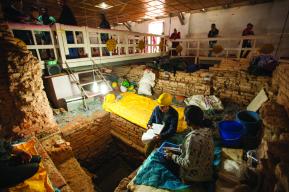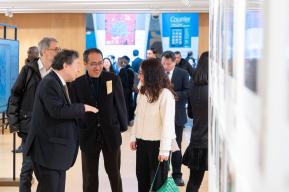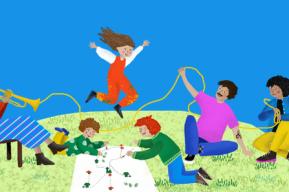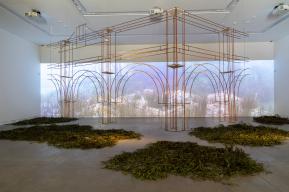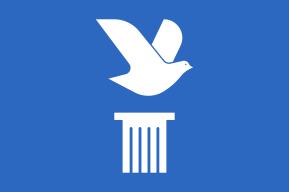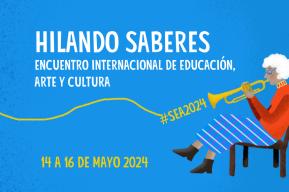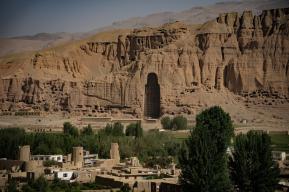
Culture
From cherished historic monuments and museums to living heritage practices and contemporary art forms, culture enriches our lives in countless ways and helps build inclusive, innovative and resilient communities.
Protecting and safeguarding the world’s cultural and natural heritage and supporting creativity and dynamic cultural sectors are fundamental to addressing the challenges of our time, from climate change to poverty, inequality, the digital divide and ever more complex emergencies and conflicts. UNESCO is convinced that no development can be sustainable without a strong culture component. Indeed only a human-centred approach to development based on mutual respect and open dialogue among cultures can lead to lasting peace.

Our Stories
News
Quantifying climate benefits from UNESCO World Heritage forests
UNESCO World Heritage forests can continue to be reliable carbon sinks if they are effectively protected from local and global threats. The high profile, global reach, and inspirational power of World Heritage sites underpin a strong case for action. The successful implementation of actions to protect these forests requires the mobilization of key stakeholders (e.g., governments, civil society, Indigenous Peoples, local communities and the private sector) to develop sustainable financing and investments and promote interdisciplinary knowledge-sharing for decision-making.

Supporting local communities and promoting sustainable development around the world




